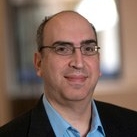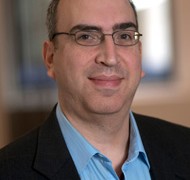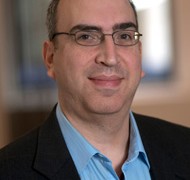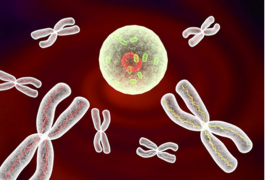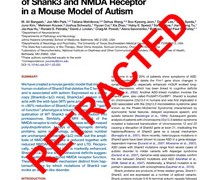Startled fish help sound out sensory overload in autism
There is some evidence that neural habituation — the process by which neurons get used to sensory stimuli — goes awry in autism. Mutant fish may help us understand the sensory sensitivities that often accompany the disorder, says Alan Packer.
